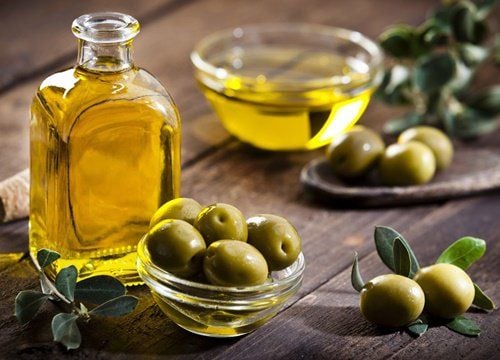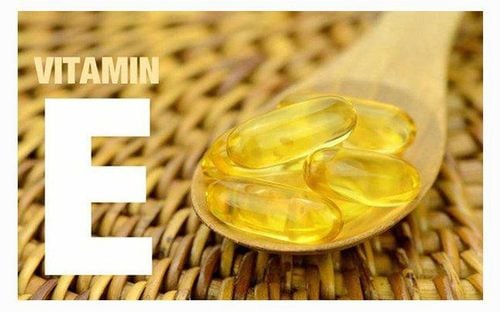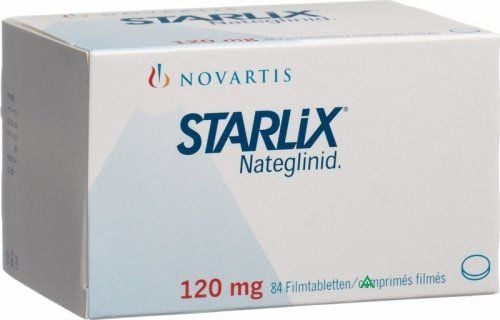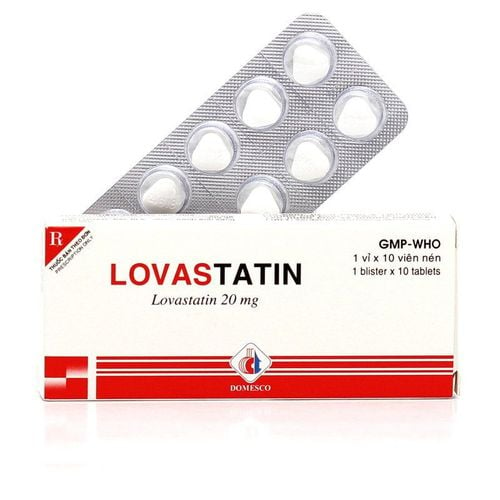This is an automatically translated article.
Olive oil is a rich source of antioxidants. The fat composition of olive oil includes healthy unsaturated fatty acids. The antioxidants in olive oil work to help protect the body from cell damage, which is one of the factors that contribute to health problems as well as disease. So what does olive oil really do?
1. What is olive oil?
Olive oil is produced from olives. The olive is a tree traditionally grown in the Mediterranean region. Olive oil is used in processing and manufacturing cosmetics, medicines, soaps and as fuel for traditional lamps.
In the diet, it is common to preserve olives in olive oil or brine. Whole olives can be used in combination with dishes. For example, add olives to pizza, or use olive oil to mix pasta or salad.
Nutritional composition of olive oil according to statistics of the United States Department of Agriculture (USDA) said that in 1 tablespoon of olive oil or 13.5 grams of olive oil will provide: 119 calories, 13.5 grams of fat, including 1.86 saturated fat, 1.9 mg vitamin E. It also contains antioxidants such as: polyphenols, tocopherols, phytosterols, squalene, terpenic acid and other antioxidants. In addition, it also has traces of calcium and potassium.
2. Proven Olive Oil Benefits
Many studies have looked at and studied the health benefits of olive oil. And Extra virgin olive oil is arguably the best quality oil available today. Because, it is rich in antioxidants, which help prevent cell damage caused by free radical molecules.
Free radicals are substances that the body produces during metabolism. If too many free radicals accumulate, they can cause oxidative stress. This can lead to cell damage and lead to the development of a number of diseases including cancer. The antioxidants in olive oil neutralize these free radicals.

Lợi ích của dầu ô liu đối với sức khỏe đã được khoa học chứng minh
2.1. Olive oil is rich in healthy monounsaturated fats Olive oil is a natural oil extracted from olives. The oil is about 14% saturated fat and 11% polyunsaturated, such as omega-6 and omega-3 fatty acids. However, the fat in olive oil is mostly monounsaturated fatty acids, oleic acid makes up 73% of the total oil.
Studies have shown that oleic acid reduces inflammation and may even have beneficial effects on genes involved in cancer.
Furthermore, monounsaturated fats are also quite heat-stable. That makes extra virgin olive oil a healthy choice to use in cooking.
2.2. Olive oil contains large amounts of antioxidants In addition to beneficial fatty acids, olive oil also contains moderate amounts of vitamins E and K. Furthermore, olive oil is also a powerful source of antioxidants. These antioxidants are biologically active and may reduce the risk of chronic diseases.
In addition, antioxidants help fight inflammation and protect blood cholesterol from oxidation. Based on these two benefits, olive oil may reduce the risk of heart disease.
2.3. Olive oil has powerful anti-inflammatory properties Chronic inflammation is believed to be a leading cause of diseases like: cancer, heart disease, metabolic syndrome, type 2 diabetes, Alzheimer's, arthritis and even obesity enlarged .
The main anti-inflammatory effects of olive oil are mediated by antioxidants. One of the key components of olive oil's antioxidants is oleocanthal, which has been shown to have effects similar to ibuprofen, an anti-inflammatory drug.

Dầu ô liu có đặc tính chống viêm mạnh mẽ
Some scientists estimate that the oleocanthal in 50 ml of extra virgin olive oil has the same effect as 10% of an adult dose of ibuprofen
Furthermore, studies have also shown that oleic acid - the main fatty acid in olive oil, may reduce levels of important inflammatory markers such as C-reactive protein (CRP). Other studies have also shown that olive oil's antioxidants can inhibit certain genes and proteins that cause inflammation.
2.4. Olive oil can help prevent stroke Stroke is caused by a disturbance in blood flow to the brain, or by a blood clot or bleeding. In developed countries, stroke is the second most common cause of death, after heart disease.
A review study performed in 841,000 people using olive oil found that it was the only source of monounsaturated fat that was linked to a reduced risk of stroke and heart disease.
Or another review study conducted in 140,000 people also found that those who used olive oil had a lower risk of stroke than those who did not use it.
2.5. Olive oil protects against heart disease Heart disease is the world's most common cause of death. Observational studies done several decades ago show that heart disease is less common in Mediterranean countries. This led to in-depth studies of the Mediterranean diet. And the results actually proved that this diet significantly reduces the risk of heart disease.

Sử dụng dầu ô liu giúp người bệnh phòng chống bệnh lý tim mạch
Extra-virgin olive oil is one of the main ingredients in this diet, and it is protective against heart disease in many ways, such as: it reduces inflammation, protects LDL cholesterol from over oxidation, improves the lining of blood vessels, and may help prevent excessive blood clotting.
Furthermore, it has also been shown to lower blood pressure, which is also one of the biggest risk factors for heart disease and early death.
2.6. Olive oil is not associated with weight gain and obesity Eating too much fat causes weight gain. However, many studies have analyzed the Mediterranean diet and found that a diet rich in olive oil has a beneficial effect on body weight.
In a 30-month study of more than 7,000 Spanish university students, high consumption of olive oil was not associated with weight gain. Also, a three-year study in 187 people showed that a diet rich in olive oil was associated with increased blood antioxidant levels, as well as weight loss.
2.7. Olive oil can fight Alzheimer's disease Alzheimer's disease is the most common neurodegenerative condition in the world. One of the main features of the disease is the accumulation of beta-amyloid plaques inside brain cells.
A study conducted on rats showed that certain substances in olive oil can help remove these plaques. In addition, another human study also showed that a Mediterranean diet rich in olive oil is beneficial for brain function.
2.8. Olive oil may reduce the risk of type 2 diabetes Several studies have demonstrated an association between olive oil and its beneficial effects on blood sugar and insulin sensitivity.
A randomized clinical trial performed in 418 healthy individuals determined the protective effects of olive oil. In this study, a Mediterranean diet rich in olive oil was found to reduce the risk of type 2 diabetes by more than 40%.

Người bệnh tiểu đường type 2 có thể sử dụng dầu ô liu trong bữa ăn hàng ngày
2.9. The antioxidants in olive oil have anti-cancer properties Cancer is one of the most common causes of death in the world. People in Mediterranean countries have a lower risk of certain cancers than elsewhere. It is because of this, leading researchers to believe that olive oil plays an important role in this disease.
The antioxidants in olive oil can reduce the oxidative damage caused by free radicals - thought to be a leading cause of cancer.
Many test-tube studies demonstrate that compounds in olive oil can fight cancer cells. However, more research is still needed to determine if olive oil does in fact reduce cancer risk.
2.10. Olive oil can help treat rheumatoid arthritis Rheumatoid arthritis is an autoimmune disease characterized by deformed and painful joints. Although the exact cause is not fully understood, the disease is associated with the immune system attacking normal cells by mistake.
Olive oil supplementation can improve markers of inflammation and reduce oxidative stress in people with rheumatoid arthritis.
Olive oil when combined with fish oil seems to have particularly increased health benefits. Because this is a source of anti-inflammatory omega-3 fatty acids.
In a recent study found that olive oil and fish oil significantly improved hand strength, joint pain and morning stiffness in people with rheumatoid arthritis
2.11. Olive oil has antibacterial properties Olive oil contains many nutrients that can inhibit or kill harmful bacteria in the body. One of them is Helicobacter pylori - a bacteria that lives in the stomach and can cause stomach ulcers and stomach cancer.
A recent study showed that using 30 grams of extra virgin olive oil daily, can eliminate Helicobacter pylori infection by 10-40% in people who use olive oil for about 2 weeks.
In a nutshell
Extra virgin olive oil is of extremely healthy quality. Because of its powerful antioxidants, it benefits the heart, brain, joints and more. Arguably it is the healthiest fat.
Vinmec International General Hospital with a system of modern facilities, medical equipment and a team of experts and doctors with many years of experience in medical examination and treatment, patients can rest assured to visit. examination and treatment at the Hospital.
To register for examination and treatment at Vinmec International General Hospital, you can contact Vinmec Health System nationwide, or register online HERE.
References: healthline.com, medicalnewstoday.com













